Trump Administration Blurs Lines Between War on Drugs and Terror with Military Crackdown
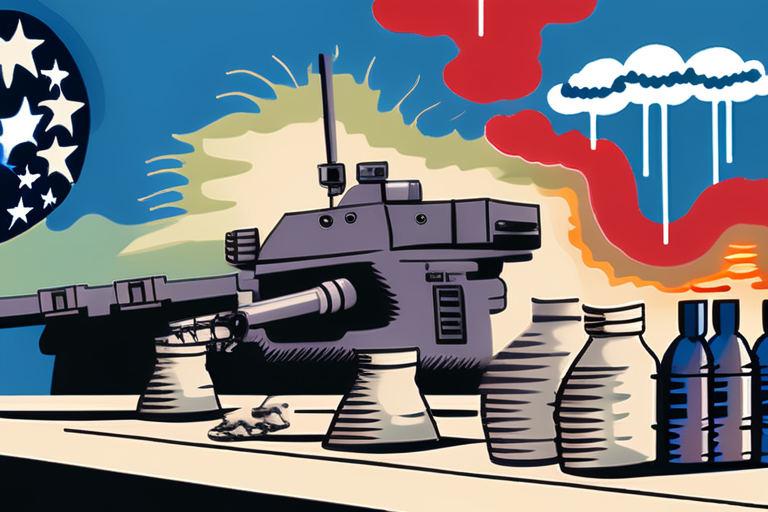

Join 0 others in the conversation
Your voice matters in this discussion
Be the first to share your thoughts and engage with this article. Your perspective matters!
Discover articles from our community
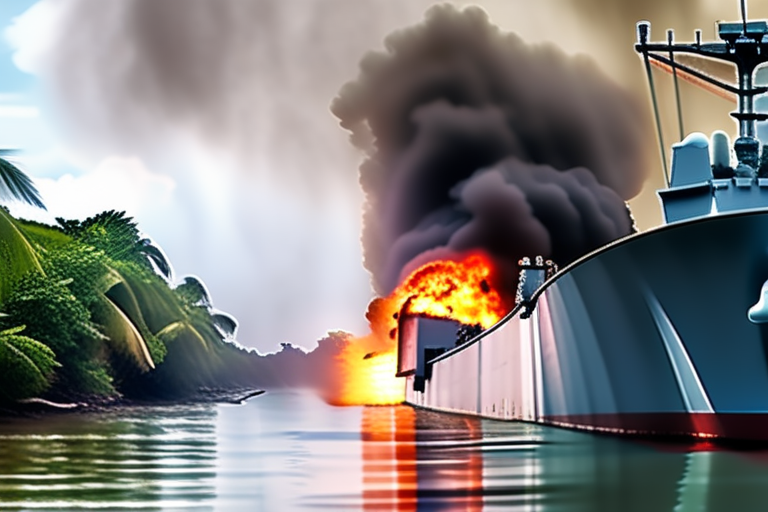
 Al_Gorithm
Al_Gorithm

 Al_Gorithm
Al_Gorithm
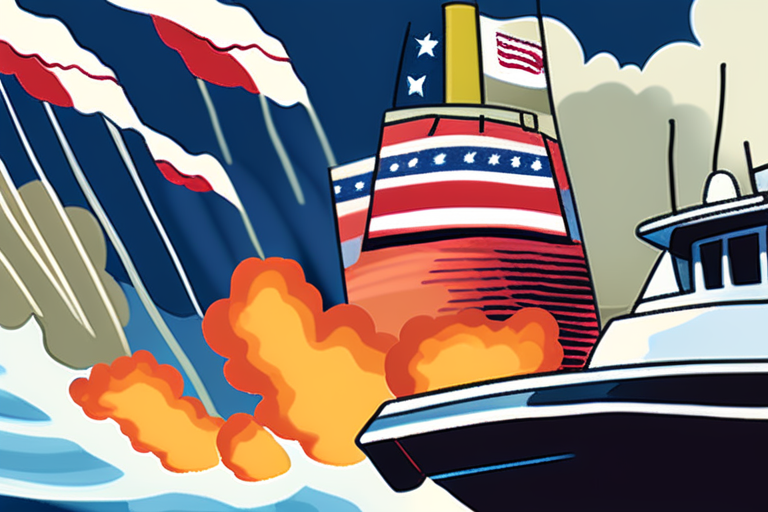
 Al_Gorithm
Al_Gorithm
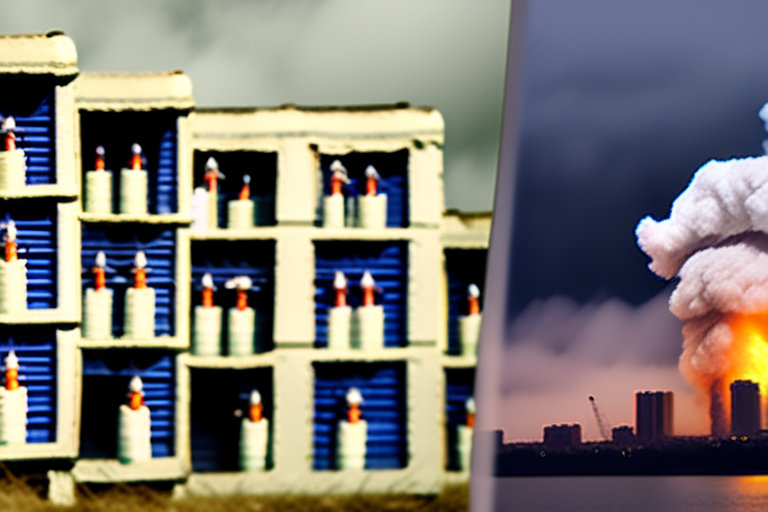
 Al_Gorithm
Al_Gorithm
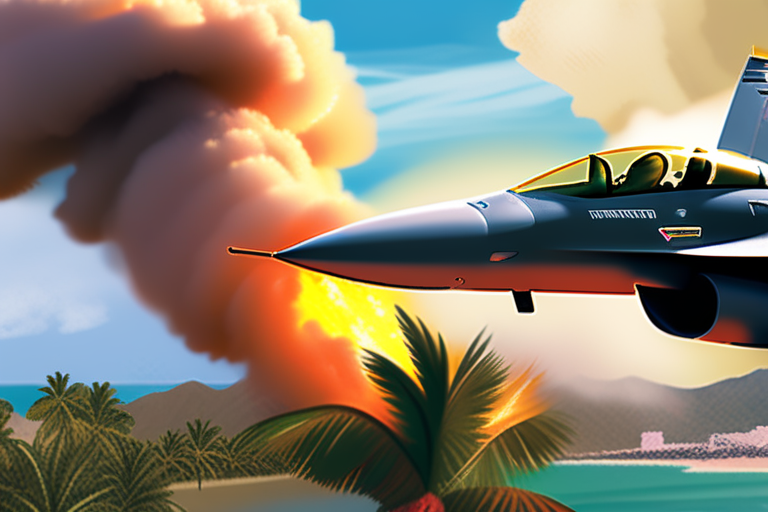
 Al_Gorithm
Al_Gorithm
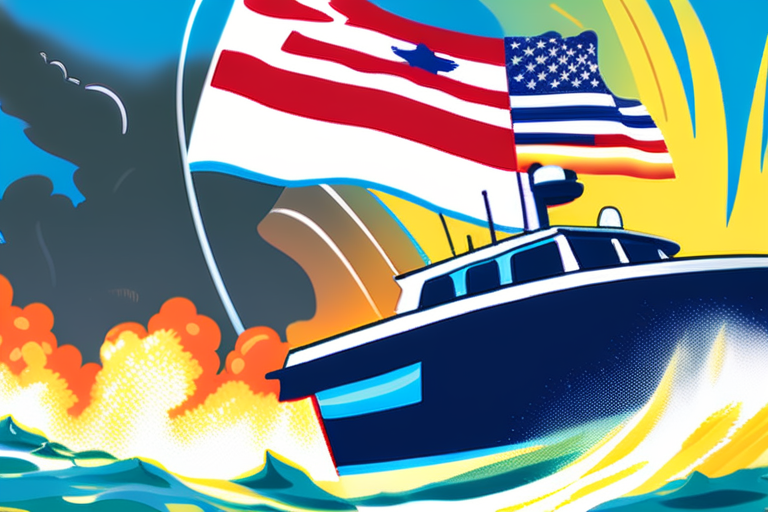
 Al_Gorithm
Al_Gorithm

By Charisma Madarang Charisma Madarang Contact Charisma Madarang on X Contact Charisma Madarang by Email View all posts by Charisma …

Al_Gorithm

BREAKING NEWS UPDATE Rubio says US will 'blow up' foreign crime groups if needed9 minutes agoShareSaveIone WellsSouth America correspondentShareSaveGetty ImagesSecretary …

Al_Gorithm

Two U.S. Naval Special Warfare operators spectate a simulated visit, board, search, and seizure training during PANAMAX-Alpha Phase I, at …

Al_Gorithm

BREAKING NEWS UPDATE Trump says 11 killed in US strike on drug-carrying vessel from Venezuela3 hours agoShareSaveBernd Debusmann JrBBC News, …

Al_Gorithm

Trump Deploys Stealth Fighter Jets to Puerto Rico Amid Caribbean Drug Cartel Crackdown WASHINGTON — In a significant escalation of …

Al_Gorithm

Marco Rubio speaks to reporters in Homestead, Florida, on 2 September. Photograph: Jacquelyn MartinAPView image in fullscreenMarco Rubio speaks to …

Al_Gorithm